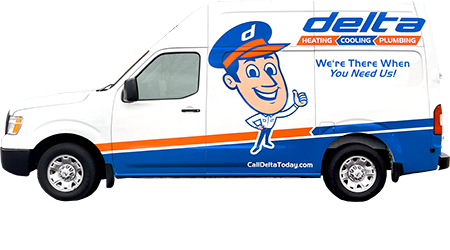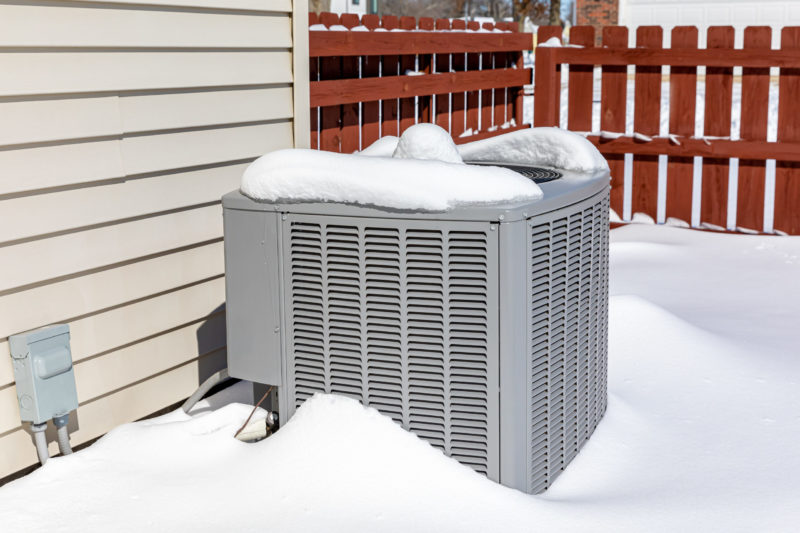We’re passionate about having a heating pump or furnace inspected and maintained every year. If you’ve read our blog before, you know that we believe it’s a sound investment. Scheduling furnace maintenance can feel like an inconvenience, but we believe it’s the best way to keep your system running all season long and to avoid more costly repairs.
Preventing a complete system breakdown
The best method to prevent breakdowns is to receive furnace tune-ups every year. Most of these appointments involve inspecting your system, cleaning its parts, and ensuring the connections are correct. Technicians will also look at potential issues, including damaged or cracked heat exchangers.
The natural buildup of dust, dirt, and debris in your heating unit causes the unit to work harder than it normally should in order to heat your home to the desired temperature. If you do not opt for yearly tune-ups, the strain on your furnace can decrease the longevity of your equipment. Like any technology, the harder your unit’s parts have to work, the less they’re going to last.
Keeping your system running efficiently
ENERGY STAR estimates that the average household spends over $2,200 every year on utility bills, with almost half of this total budget going to heating and cooling expenditures. Furnace tune-ups are a simple way to reduce these expenses with minimal effort.
A poorly maintained heater will have to work much harder to heat your home. Not only does this put extra stress on the unit, but it also degrades it’s efficiency, as well.
Having a furnace tune-up can improve your system’s energy efficiency by up to 30%. This is because a clean system makes it easier for your furnace to heat your home, because of this it will also lower your monthly bill.
Maintaining your system’s warranty
Keeping your furnace up to date with an annual furnace tune-up will keep your system protected with the terms of your warranty. Make sure to document any furnace tune-ups you make with a licensed professional like those at Delta Heating, Cooling & Plumbing, as a furnace manufacturer may request proof of maintenance should you decide to open your claim.

